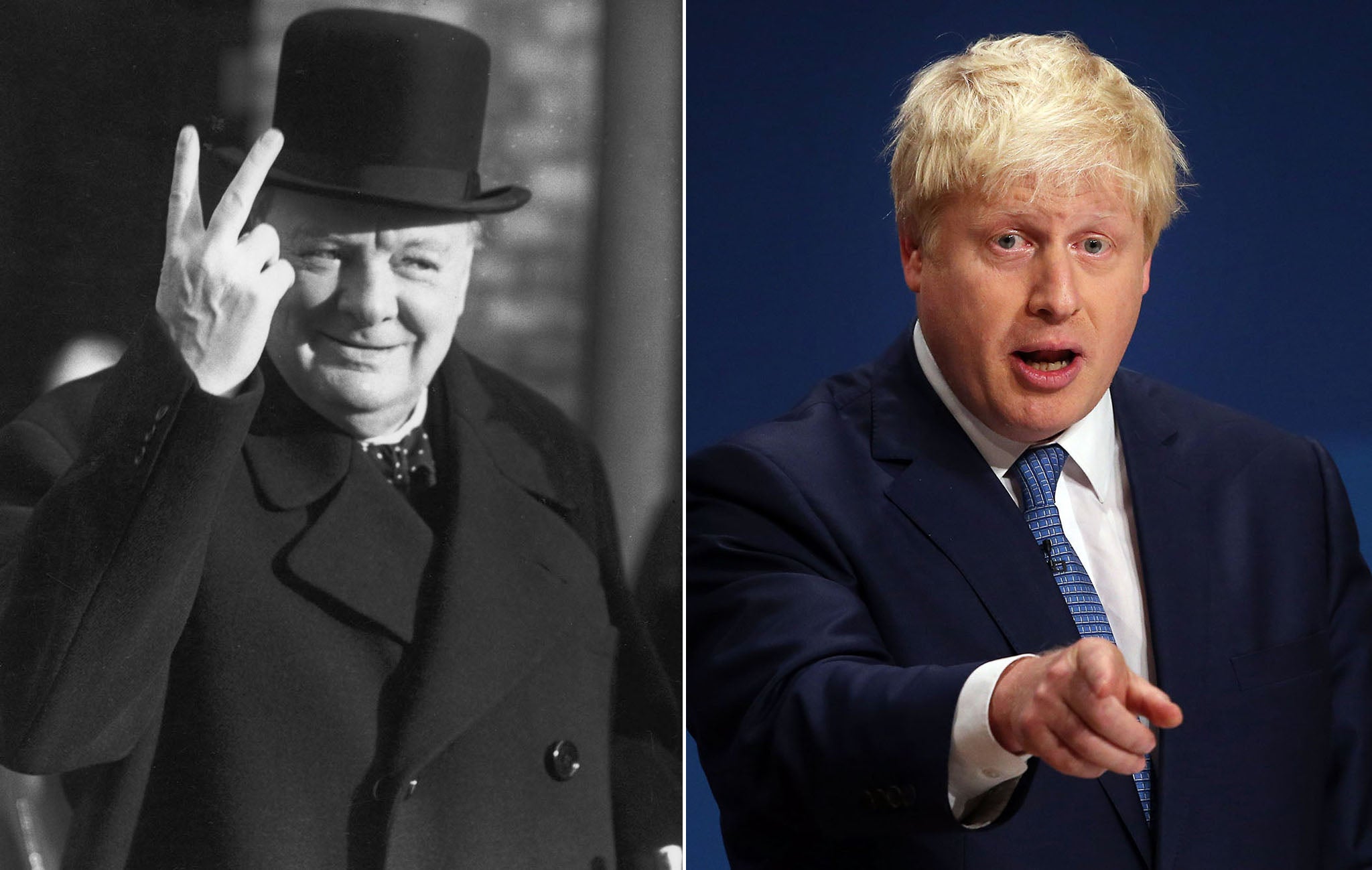Christmas 2014: Best books on politics
Boris Johnson can write, we know that, but his history is shaky and the text is ruined by ridiculous 'Churchill Factor' ratings out of 10, which make it read like a Cosmopolitan feature

Your support helps us to tell the story
From reproductive rights to climate change to Big Tech, The Independent is on the ground when the story is developing. Whether it's investigating the financials of Elon Musk's pro-Trump PAC or producing our latest documentary, 'The A Word', which shines a light on the American women fighting for reproductive rights, we know how important it is to parse out the facts from the messaging.
At such a critical moment in US history, we need reporters on the ground. Your donation allows us to keep sending journalists to speak to both sides of the story.
The Independent is trusted by Americans across the entire political spectrum. And unlike many other quality news outlets, we choose not to lock Americans out of our reporting and analysis with paywalls. We believe quality journalism should be available to everyone, paid for by those who can afford it.
Your support makes all the difference.It was a strange year in politics, the extra year in what ought to be a four-year cycle between elections.
It meant that we had an extra memoir from Alan Johnson, Please, Mister Postman (Bantam Press, £16.99) and an extra year to think about what might have been. Johnson could have been prime minister, you know. I may have said this before, but if he had put the country first instead of his misplaced loyalty to Gordon Brown five years ago he could be in No 10 now. Instead, we have his lovely memoirs, of which this is part two. Well, it’s better than nothing.
Then there’s the other Johnson, Boris, the Johnson of the future. His The Churchill Factor: How One Man Made History (Hodder & Stoughton, £25) is every bit as absurd and self-aggrandising as Alan Johnson is not. Boris can write, we know that. But his history is shaky and the text is ruined by ridiculous “Churchill Factor” ratings out of 10, which make it read like a Cosmopolitan feature.
The book of the year is probably Capital in the Twenty-First Century, by Thomas Piketty (translated by Arthur Goldhammer, Harvard University Press, £29.95). Piketty is the new Marx: readable, learned and preaching the inevitability of history. If you want to believe that inequality is increasing, and there are many people who are desperate to do so, this will tell you how right you are. But it confuses what is happening in America – where inequality has increased greatly – with what is happening here. The situation in Europe, including the UK, is much less clear. In any case, inevitability is always suspect.
Good books that shed light on specific subjects include Prison Diaries, by Denis MacShane, for whom it is clear that prison doesn’t work (Biteback, £20), and The News Machine: Hacking, the Untold Story, by James Hanning, my colleague (Gibson Square Books, £14.99). This is a well told yarn of Hanning’s quest to track down Glenn Mulcaire, the supposed villain at the heart of the matter, and to find out his side of the story.
Thank You for this Moment: A Story of Love, Power and Betrayal (Biteback, £18.99), by Valérie Trierweiler, is another highly readable story, a long cry of pain by the French president’s ex-mistress. The French are a bit different from us, as we all know, but even she wonders, “How did he find the time?”
Finally, the one book you need before the election is Sex, Lies and the Ballot Box: 50 things you need to know about British elections, edited by Philip Cowley and Robert Ford (Biteback, £14.99). This is a wonderfully eclectic collection of academic research translated into normal English. I can pay no higher tribute to it than to say that someone I know supported votes at 16 until he read the short chapter on the subject. This book may not change your life but it may change your mind.
Join our commenting forum
Join thought-provoking conversations, follow other Independent readers and see their replies
Comments